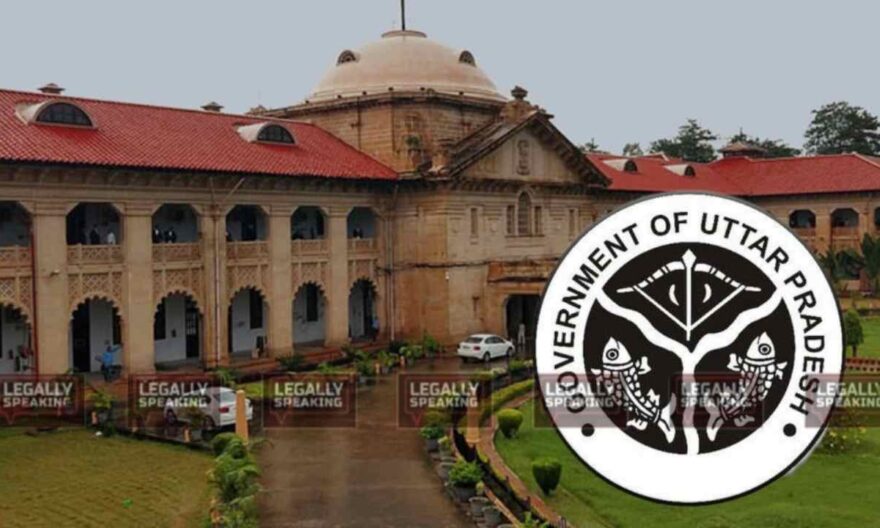
The Allahabad High Court has recently stated that the duty of uncovering illicit wealth amassed by government employees during their service and initiating appropriate measures against them lies with the state government.
A single bench of Justice Dinesh Kumar Singh also expressed concern regarding the existence of an education mafia within government officials and emphasized the need for prompt action to combat it.
The bench was addressing a petition filed by Arvind Kumar Pandey, Joint Director of Education (Ayodhya Division), who had challenged his suspension order on corruption charges issued by the state government on April 15, 2023. In its ruling, the bench instructed the principal secretary (home) to undertake necessary actions and urged for the expeditious progress of the disciplinary proceedings and vigilance inquiry against Pandey.
Regarding the mafia, the bench remarked that the term ‘mafia’ is prevalent in India, implying the expectation of robust measures being taken against it.
There are ‘bahubalis’ and mafia in politics who have amassed huge wealth from the proceeds of crime and their reign of terror runs deep into hearts and psyches of law abiding citizens. There are sub categories of mafia, such as land mafia, nakal (cheating) mafia and education mafia, etc. Commercialisation of education has eroded its very value. As a result, there are education mafia and cheating mafia in the system. Schools and colleges have become profit making establishments. It is the responsibility of the State and the society to clean the education system,” the bench stated.
During the hearing, the state counsel objected to Pandey’s plea and argued that the petitioner had unlawfully regularized the services of 122 teachers in connivance with management committees of various colleges in Uttar Pradesh. Furthermore, it was alleged that he had subsequently canceled the regularization of 34 teachers illegally, solely to provide them with an advantage in legal proceedings. Consequently, the state counsel contended that the petitioner did not deserve any form of relief.




